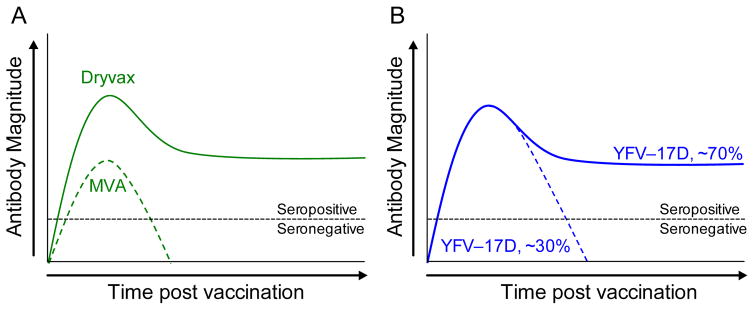Figure 3. Models of host-pathogen interactions and potential impact on long-term immunity.
Live virus vaccines may elicit different patterns of serum antibody maintenance based on pathogen-specific or host-specific differences in replication and overall antigen load. (A) The smallpox vaccines, Dryvax and MVA (Modified Vaccinia Ankara), are closely related strains of vaccinia virus that differ in their attenuation and ability to replicate in the human host. Dryvax is able to replicate locally in the skin for several days or weeks after inoculation and this induces a long-lived immune response in the majority of vaccine recipients [49,50]. MVA is replication-deficient and the virus is rapidly cleared, resulting in lower antibody responses that decay more rapidly than that observed with Dryvax [52,53]. (B) YFV-17D vaccine strains of virus elicit a viremic infection of variable magnitude and duration [56]. Approximately 70% of vaccine recipients achieve long-term, potentially lifelong immunity whereas ~30% of individuals lose antiviral antibody responses within 5 to 10 years after vaccination [27]. Since YFV-17D is genetically stable, one hypothesis is that differences in host susceptibility to YFV-17D infection represent an underlying factor that influences the magnitude and duration of the acute viral infection, and in turn, the differences in viral replication and systemic antigen load result in either short-term or long-term antiviral immunity.

